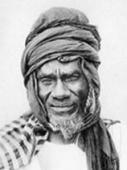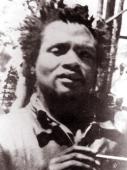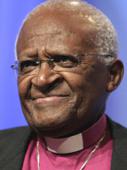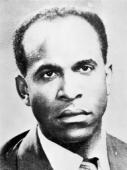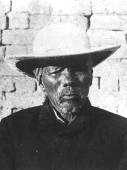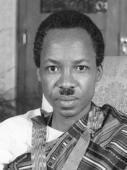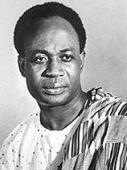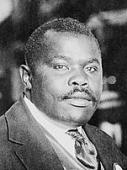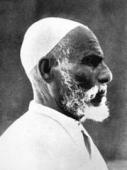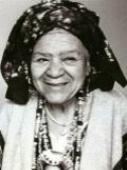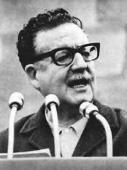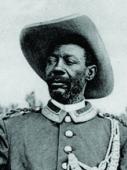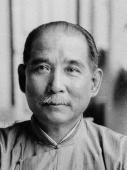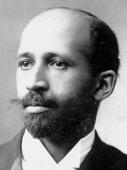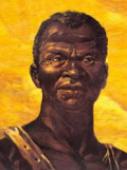At the time of the birth of the United Nations in 1945, seven hundred and fifty million people, or about one-third of the world population, lived in non-self-governing territories who were dependent on the colonial powers.
Since then more than eighty nations whose peoples lived under colonial rule have joined the United Nations as sovereign and independent states, but today there are still sixteen non-self-governing territories. A dozen of them are still colonized by the United Kingdom, three by the United States and one respectively by France, Morocco and New Zealand.
The Falkland / Malvinas islands, located about 500 km from the Argentine coast, and about 12,300 km from the British coast, are a colony since 1833, a period in which its inhabitants were deported to Argentina and since then they have been populated almost entirely by British citizens. The United Kingdom is proposing to organize a referendum to ask them to choose whether they want to be British subjects or Argentine citizens, while according to Argentina the islands are an integral part of its national territory and therefore does not matter who live there.
On 14 June 2012 the President of Argentina Christina Fernandez de Kirchner addressed the meeting of the UN Special Committee on Decolonization renewing the argentine willingness to start negotiations and asking that the UK will do the same, as required by a dozen resolutions of the United Nations General Assembly and by about thirty resolutions of the same Committee.
Colonialism Reparation supports the request of the Argentine Government that the UK complies with UN resolutions and starts negotiations about the territory of the Falkland / Malvinas islands and about the other nine territories still under its rule (Anguilla, Bermuda, British Virgin Islands, Cayman Islands, Montserrat, Saint Helena, Turks and Caicos Islands, Gibraltar and Pitcairn).




